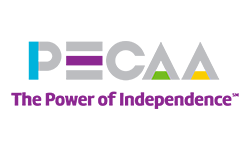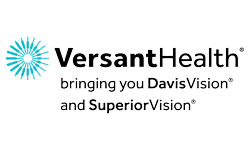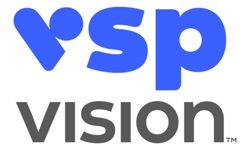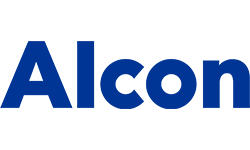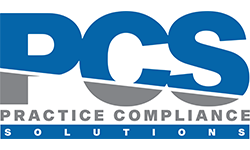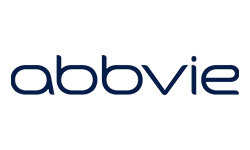- About EHR
- Certified EHR Systems for Optometrists
- Donald H. Evans, O.D. Award for PCO Graduating Senior
- Electronic Health Records (EHR) in the Optometric Practice
- Meaningful Use
- Medicare EHR meaningful use attestation steps
- Medicare e-Rx Incentives/Penalites
- Ten Things Optometrists Should Do Right Now to Implement EHRs
- PECOS
Home
/
Students & Educators /
Clinical Care & Practice Advancement
/
Ten Things Optometrists Should Know About EHRs
Ten Things Optometrists Should Know About EHRs
- Electronic health records (EHRs) are coming. The federal government plans to make EHRs available to all Americans by 2014. Health care practitioners who are not part of the emerging EHR network risk being shut out of the health care system.
- EHRs represent an important clinical tool that can significantly enhance quality of care by providing a health care practitioner complete patient records, preventing medical errors, avoiding adverse drug interactions, and facilitating clinical decision-making. Used properly, they can also significantly enhance practice efficiency.
- EHR utilization will ultimately be required for participation in quality reporting and pay for performance programs [such as Medicare’s Physicians Quality Reporting Initiative (PQRI)].
- HiTECH provisions within the American Reinvestment and Recovery Act (ARRA) offer significant Medicare and Medicaid incentives for doctors to who use EHRs. Optometrists are included in these programs. The incentives are substantial (providing, for example, up to $48,400 over a five year period under the ARRA Medicare incentive program).
- The federal incentive programs will be in effect for a limited period of time and practitioners who get in early will reap the greatest rewards. Practitioners can qualify for up to $48,400 in ARRA Medicare bonuses if they implement EHRs in 2011 or 2012; up to $42,900 if they start in 2013; up to $26,400 if they start in 2014, but $0 if they start after 2014. The exact amount will depend on the practice’s location and overall Medicare reimbursement
- EHR utilization will ultimately enable practitioners to realize additional annual bonuses under the Medicare PQRI program (although practitioners cannot receive bonuses under both the ARRA program and the PQRI at the same time). A proper EHR system will also provide the functions necessary to help practitioners qualify for PQRI e-prescribing bonuses.
- Medicare will begin imposing payment penalties for practitioners who fail to utilize EHRs by 2015 (as well as impose penalties for those who fail to e-prescribe by 2012).
- EHRs must be “certified” in order to be acceptable for use under the ARRA incentive programs and, ultimately, in the government’s Nationwide Health Information Technology Network. To be certified, an EHR software program must provide the functions necessary to allow “meaningful” use of electronic records in practice (see Item 9 below).
- Doctors must use the EHRs in a “meaningful” way in order to qualify for incentives. That is, doctors will have to demonstrate they are using EHRs as a tool to improve patient care. Merely purchasing or installing software will not be enough.
- Health care practitioners should take steps to implement EHRs as quickly as possible. If possible, systems should be in place by the end of 2010. Practitioners should be aware that selecting and fully implementing an EHR system can take time. They should also thoroughly assess the various EHR systems available to ensure they select the system that is best suited to their practice.





